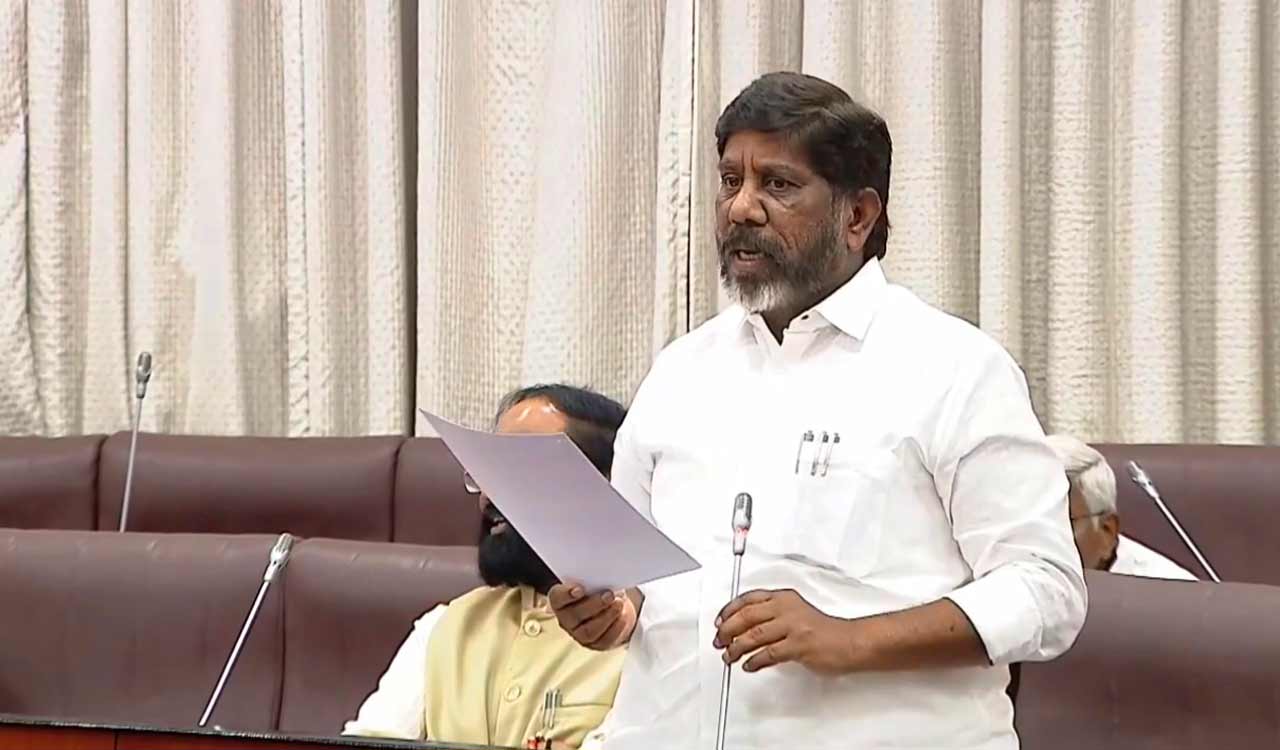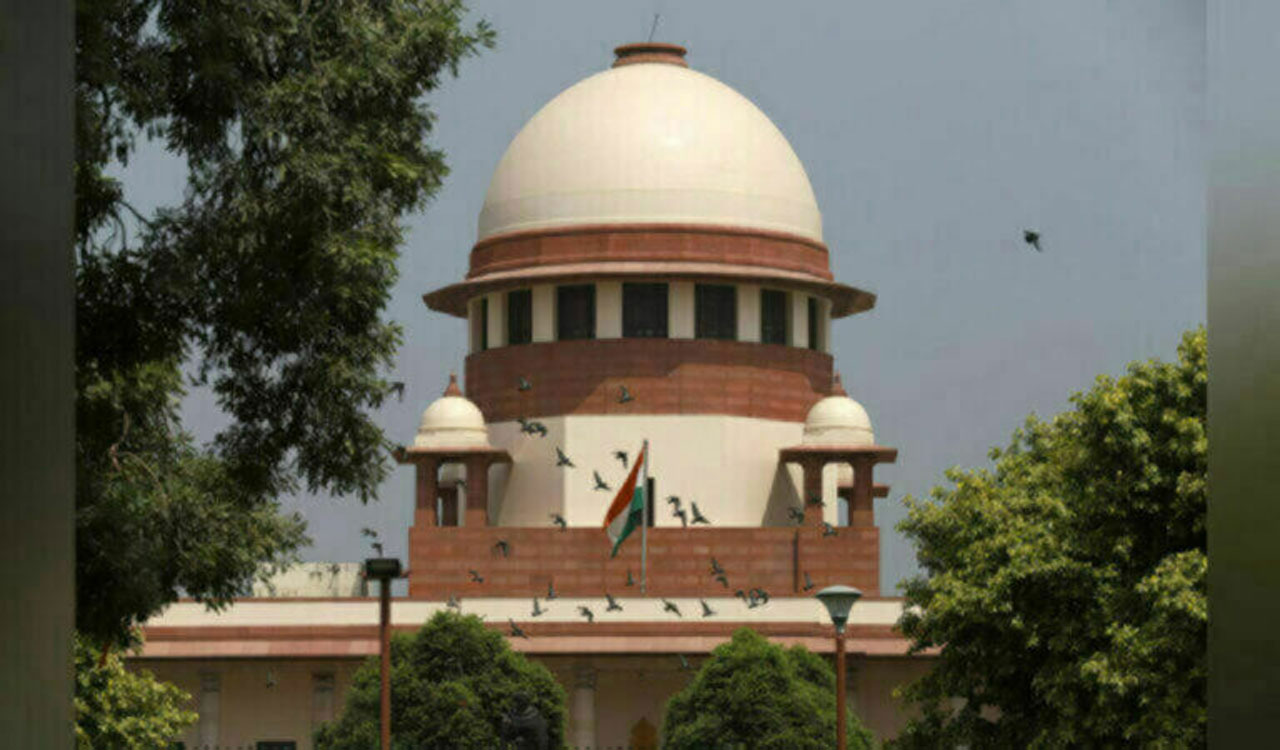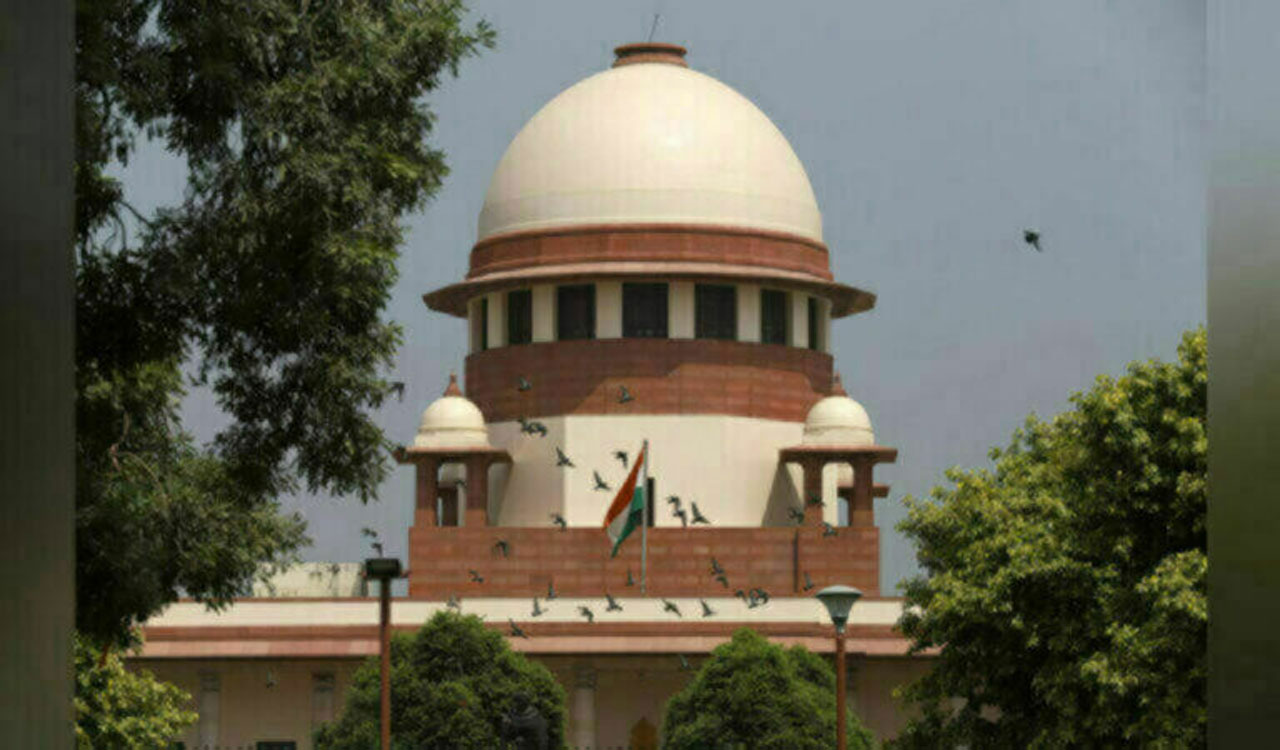Editorial: Boost for States
Supreme Court verdict upholding States’ right to regulate taxes on industrial alcohol is a welcome step

The Supreme Court’s landmark verdict upholding the States’ right to regulate taxes on industrial alcohol is a welcome development that could help boost the revenues of the States. A nine-judge Constitution Bench headed by Chief Justice D Y Chandrachud, in a majority 8:1 judgment, held that the phrase ‘intoxicating liquor’ in Entry 8 of the State List in the Seventh Schedule of the Constitution would include industrial alcohol within its ambit. Entry 8 gives States the power to regulate the production, manufacture, possession, transport, purchase and sale of intoxicating liquor. The majority Bench has now overruled the 1990 judgment which said that ‘intoxicating liquor’ refers only to potable alcohol and that states cannot tax industrial alcohol. The verdict comes at a time when there is a growing concern that the States are not getting a fair share in the central pool of taxes. It follows another judgment earlier this year by the apex court permitting states the freedom to charge royalties from mining leases. These are hard-won gains by States, which have been left with few resource mobilisation avenues post-GST. The latest verdict is likely to impact entities involved in the industrial alcohol sector. The power to tax industrial alcohol is particularly crucial in the post-GST era as a source of income for States — industrial alcohol today is used for a variety of purposes, including as solvents and reagents, biofuels, making sanitisers and in the food industry.
The apex court indicated that the meaning of intoxicating liquor under Entry 8 of the State List extends beyond the narrow definition of alcoholic beverages or potable alcohol and includes all types of alcohol that can adversely affect public health. Alcoholic liquor and intoxicating liquor are used for consumption, but the entry of intoxicating liquor extends to its manufacturing. Alcoholic liquor is defined by its ingredients, and ‘intoxicating’ is defined by its effects. Thus, alcoholic liquor can be classified under the latter if it causes intoxication. The public interest purpose is evident from the construct and evolution of the entry. The question before the Bench was whether States could regulate industrial alcohol/denatured spirits through Entry 8, which grants powers to the State to deal with intoxicating liquors. Conversely, Entry 52 of the union List empowers the central government to regulate industries declared by Parliament as being of public interest. The court acknowledged the potential overlap between the two entries and stated that the resolution lies in reconciling them to ensure neither is rendered redundant. The court emphasised that legislative lists must be interpreted broadly, asserting that intoxicating liquor under Entry 8 cannot be confined to potable alcohol. The matter was referred to a nine-judge Bench in 2007. Regardless of its legal nuances, the verdict’s political and economic significance lies in the fact that it boosts the ability of State governments to raise their own revenues.
Related News
-
Telangana received Rs.38,400 crore from Centre during last one year, says Bhatti
-
‘Media shouldn’t exaggerate’: SC irked over news reports on hearing over ‘VIP’ visits at temples
-
Supreme Court to test validity of two provisions of 1991 law on religious places
-
Delhi liquor policy scam: SC relaxes Sisodia’s bail condition (Ld)
-
Save future of Telangana NEET PG aspirants, IMA writes to CM Revanth Reddy
40 mins ago -
Telangana techie loses Rs 4.15 lakh to online gold trading fraud
1 hour ago -
Hyderabad: Couple working as house help at doctor’s residence held for theft
1 hour ago -
Hyderabad auto driver foils attempt to kidnap young woman, five held
2 hours ago -
Haiti gang attack on journalists covering hospital reopening leaves 2 dead, several wounded
3 hours ago -
21 dead as Mozambique erupts in violence after election court ruling
4 hours ago -
Cartoon Today on December 25, 2024
11 hours ago -
Sandhya Theatre stampede case: Allu Arjun questioned for 3 hours by Chikkadpallly police
12 hours ago




